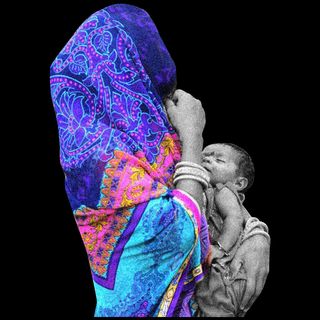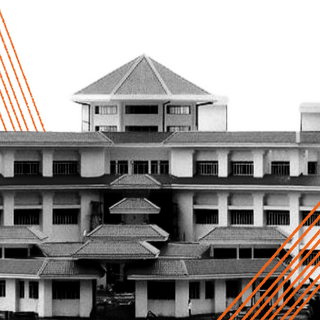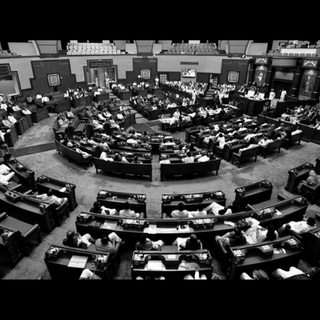The Gujarat High Court introduced a set of proposed guidelines to prohibit the social exclusion of women in public, private, religious, and educational spaces due to menstruation. The court also criticized the social stigma that menstruating women face in personal and private domains and urged the Gujarat government to mitigate the impact.
“Menstruation has been stigmatized in our society,” the court noted in a hearing. “This stigma has built up due to the traditional beliefs in the impurity of menstruating women and our unwillingness to discuss it normally.”
The directions come as a response to a PIL referring to a media report from February last year which related how a hostel strip-searched about 68 girls to prove they were not menstruating. The incident took place in Shree Sahjanand Girls Institute in Gujarat’s Bhuj area. The college, run by the followers of Swaminarayan Mandir, prohibits menstruating women from entering the temple and the kitchen premises and restricts the hostel inmates from mingling with each other when on their periods. The incident took place after the hostel ward of the college had complained that some of the students had been violating religious norms during their menses.
The plea, filed by the founder of Jan Sangharsh Manch (a civil rights organization) and AltNews director Nirjhari Sinha, said such exclusion of women violated their Right to Equality under Articles 14, 15, 17; Right to Freedom under Article 19; and Right to Life and Personal Liberty under Article 21 of the Indian constitution. “Excluding a woman from touching water, vessels, entering the kitchen, entering sleeping quarters, entering temples and/or forcing any woman to stay in isolation during the period of her menstruation is violative of human, legal, and fundamental rights of women,” the plea said.
Related on The Swaddle:
From Riches to Rags: The Evolution of Menstrual Taboos in India
It sought the introduction of a law that specifically deals with the exclusion of women based on their menstrual status and asked the court to give directions to the state government to undertake awareness programs and ensure that no educational institution, hostel, or living space for women excludes women just for bleeding. “The fact remains that the exclusionary practices in one form or the other are very much a part of the social fabric of our country and affect a large number of women in the most discriminatory and inhuman way,” argued the applicants.
The court, taking notice of the widespread impact such taboos have on a woman’s emotional state, lifestyle, and health, said that “the challenge of addressing the socio-cultural taboos and beliefs in menstruation is further compounded by the fact the girls’ knowledge levels and understandings of puberty, menstruation, and reproductive health are very low.”
Additionally, the court mentioned that one in every four girls in India drop out of school when they start menstruating because of a lack of resources and health care. The widespread health and hygiene issues concerning menstruating women in India are plenty: more than 77% of women use old cloth — due to a lack of adequate sanitation products — which is often reused. Further, 88% of women sometimes resort to using ashes, newspapers, dried leaves, and husk sand to aid absorption. “Poor protection and inadequate washing facilities may increase susceptibility to infection, with the odor of menstrual blood putting girls at risk of being stigmatized,” said the court. “The latter may have significant implications for their mental health.”
The court outlined how poor sanitation infrastructure undermines the right to privacy — noting the prevalence of gender-unfriendly school culture, insufficient infrastructure, and the lack of adequate menstrual protection alternatives in public spaces and clean and safe private sanitation facilities for female teachers and girls.
All of these can mount to deep-rooted exclusion in social and personal spaces. To mitigate the impact women face, the court issued a set of guidelines that include: encouraging community-based health education campaigns, sensitizing health workers like Accredited Social Health Activists and Anganwadi workers regarding menstruation biology to encourage further dissemination, and allocating necessary funds for the implementation of these directions.
It noted that “increasing the education status of women plays an important role in improving the health status of the community at large and overcoming the cultural taboos, in particular.”
To make sure these guidelines are adhered to by schools, public, and private places, the court directed the state government to “undertake surprise checks, create appropriate mechanisms, and take such other actions,” including imposing penalties against any erring institution.
The High Court now awaits a response from the state and the Centre on this matter by the end of March.




